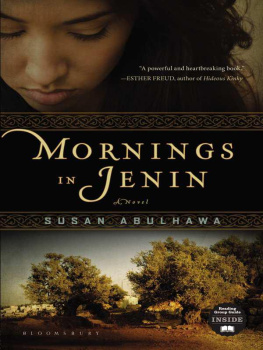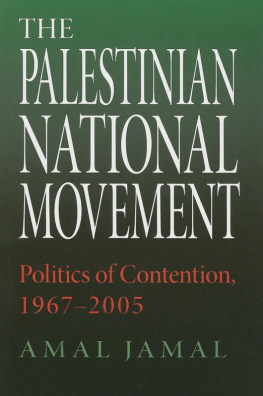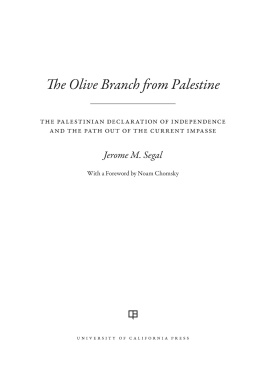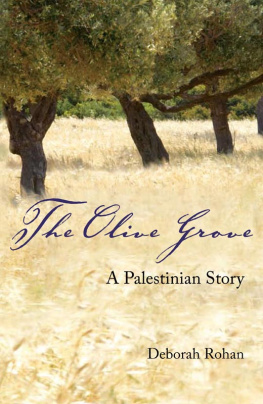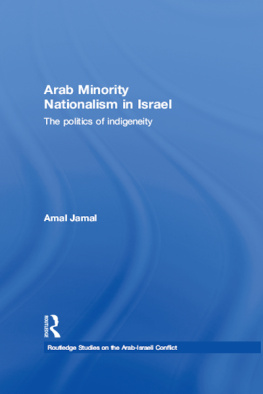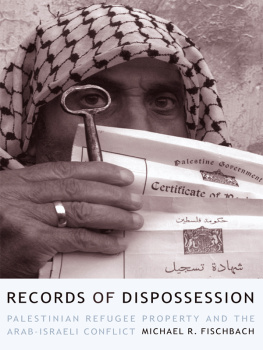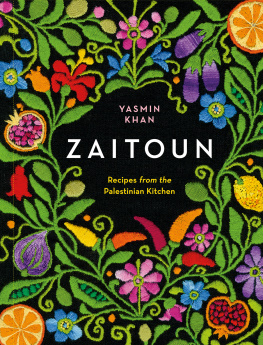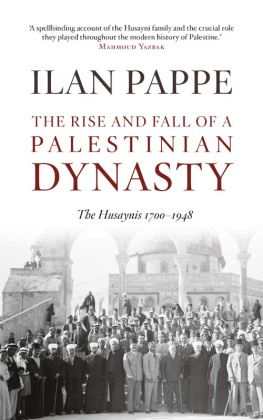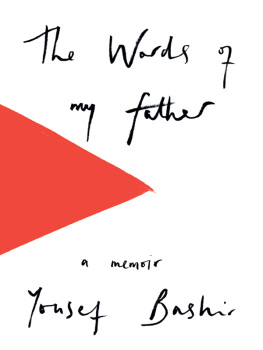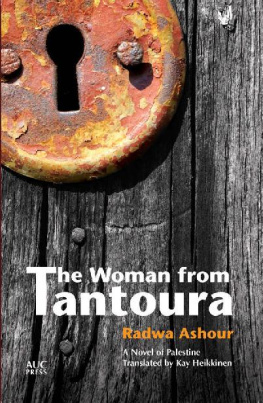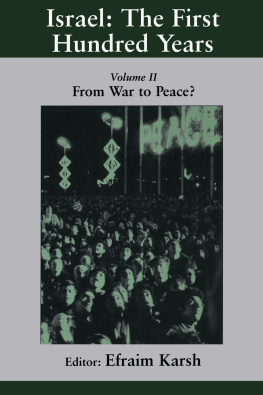MORNINGS IN JENIN
A NOVEL
SUSAN ABULHAWA

For Natalie,
and for Seif
CONTENTS
2002
AMAL WANTED A CLOSER look into the soldiers eyes, but the muzzle of his automatic rifle, pressed against her forehead, would not allow it. Still, she was close enough to see that he wore contacts. She imagined the soldier leaning into a mirror to insert the lenses in his eyes before getting dressed to kill. Strange , she thought, the things you think about in the district between life and death .
She wondered if officials might express regret for the accidental killing of her, an American citizen. Or if her life would merely culminate in the dander of collateral damage.
A lone bead of sweat traveled from the soldiers brow down the side of his face. He blinked hard. Her stare made him uneasy. He had killed before, but never while looking his victim in the eyes. Amal saw that, and she felt his troubled soul amid the carnage around them.
Strange , again, I am unafraid of death . Perhaps because she knew, from the soldiers blink, that she would live.
She closed her eyes, reborn, the cold steel still pushing against her forehead. The petitions of memory pulled her back, and still back, to a home she had never known.
1941
IN A DISTANT TIME, before history marched over the hills and shattered present and future, before wind grabbed the land at one corner and shook it of its name and character, before Amal was born, a small village east of Haifa lived quietly on figs and olives, open frontiers and sunshine.
It was still dark, only the babies sleeping, when the villagers of Ein Hod prepared to perform the morning salat, the first of five daily prayers. The moon hung low, like a buckle fastening earth and sky, just a sliver of promise shy of being full. Waking limbs stretched, water splashed away sleep, hopeful eyes widened. Wudu, the ritual cleansing before salat, sent murmurs of the shehadeh into the morning fog, as hundreds of whispers proclaimed the oneness of Allah and service to his prophet Mohammad. Today they prayed outdoors and with particular reverence because it was the start of the olive harvest. Best to climb the rocky hills with a clean conscience on such an important occasion.
Thus and so, by the predawn orchestra of small lives, crickets and stirring birdsand soon, roostersthe villagers cast moon shadows from their prayer rugs. Most simply asked for forgiveness of their sins, some prayed an extra rukaa. In one way or another, each said, My Lord Allah, let Your will be done on this day. My submission and gratitude is Yours, before setting off westward toward the groves, stepping high to avoid the snags of cactus.
Every November, the harvest week brought renewed vigor to Ein Hod, and Yehya, Abu Hasan, could feel it in his bones. He left the house early with his boys, coaxing them with his annual hope of getting a head start on the neighbors. But the neighbors had similar ideas and the harvest always began around five a.m.
Yehya turned sheepishly to his wife, Basima, who balanced the basket of tarps and blankets on her head, and whispered, Um Hasan, next year, lets get up before them. I just want to get an hour start over Salem, that toothless old bugger. Just one hour.
Basima rolled her eyes. Her husband revived that brilliant idea every year.
As the dark sky gave way to light, the sounds of reaping that noble fruit rose from the sun-bleached hills of Palestine. The thumps of farmers sticks striking branches, the shuddering of the leaves, the plop of fruit falling onto the old tarps and blankets that had been laid beneath the trees. As they toiled, women sang the ballads of centuries past and small children played and were chided by their mothers when they got in the way.
Yehya paused to massage a crick in his neck. Its nearly noon, he thought, noting the suns approach to zenith. Sweat-drenched, Yehya stood on his land, a sturdy man with a black and white kaffiyeh swathing his head, the hem of his robe tucked in his waist sash in the way of the fellaheen. He surveyed the splendor around him. Mossy green grass cascaded down those hills, over the rocks, around and up the trees. The sanasil barriers, some of which he had helped his grandfather repair, spiraled up the hills. Yehya turned to watch Hasan and Darweesh, their chest muscles heaving beneath their robes with every swing of their sticks to knock the olives loose. My boys! Pride swelled Yehyas heart. Hasan is growing strong despite his difficult lungs. Thanks be to Allah .
The sons worked on opposite sides of each tree as their mother trailed them, hauling away blankets of fresh olives to be pressed later that day. Yehya could see Salem harvesting his yield in the adjacent grove. Toothless old bugger. Yehya smiled, though Salem was younger than he. In truth, his neighbor had always a quality of wisdom and a grandfatherly patience that gave of itself from a face mapped by many years of carving olive wood outdoors. He had become Haj Salem after his pilgrimage to Mecca, and the new title bestowed him with age beyond that of Yehya. By evening, the two friends would be smoking hookahs together, arguing over who had worked hardest and whose sons were strongest. Youre going to hell for lying like that, old man, Yehya would say, bringing the pipe to his lips.
Old man? Youre older than me, you geezer, Salem would say.
At least I still have all my teeth.
Okay. Get out the board so I can prove once again whos better.
Youre on, you lyin, toothless, feeble son of your father.
Games of backgammon over bubbling hookahs would settle this annual argument and they would stubbornly play until their wives had sent for them several times.
Satisfied by the mornings pace, Yehya performed the thohr salat and sat on the blanket where Basima had arranged the lentils and makloobeh with lamb and yogurt sauce. Nearby, she set another meal for the migrant helpers, who gratefully accepted the offering.
Lunch! she called to Hasan and Darweesh, who had just completed their second salat of the day.
Seated around the steaming tray of rice and smaller plates of sauces and pickles, the family waited for Yehya to break the bread in the name of Allah. Bismillah arrahman arraheem, he began, and the boys followed, hungrily reaching for the rice to ball it into bites with yogurt.
Yumma, nobody is as good a cook as you! Darweesh the flatterer knew how to assure Basimas favor.
Allah bless you, son. She grinned and moved a tender piece of meat to his side of the rice tray.
What about me? Hasan protested.
Darweesh leaned to his older brothers ear, teasing, You arent as good with the ladies.
Here you are, darling. Basima tore off another piece of good meat for Hasan.
The meal was over quickly without the usual lingering over halaw and coffee. There was more work to be done. Basima had been filling her large baskets, which the helpers would carry to the olive press. Each of her boys had to press his share of olives the day of their harvest or else the oil might have a rancid taste.
But before heading back, a prayer was offered.
First, let us give thanks for Allahs bounty. Yehya issued his command, pulling an old Quran from the pocket of his dishdashe. The holy Book had belonged to his grandfather, who had nurtured these groves before him. Although Yehya could not read, he liked to look at the pretty calligraphy while he recited surahs from memory. The boys bowed, impatiently listening to their father sing Quranic verses, then raced down the hill when granted their fathers permission to head for the press.
Basima hoisted a basket of olives onto her head, lifted in each hand a woven bag full of dishes and leftover food, and proceeded down the hill with other women who balanced urns and belongings on their heads in plumb uprightness. Allah be with you, Um Hasan, Yehya called to his wife.
Next page
